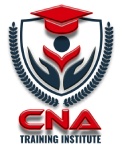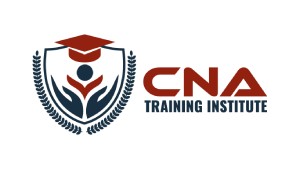Healthcare workers need to possess the knowledge and skills of Basic Life Support (BLS) in order to respond appropriately to life-threatening situations. This blog post examines the top five reasons a basic life support courseis necessary for healthcare workers.
Immediate Response to Cardiac Emergencies
BLS training equips you to be able to react to cardiac emergencies swiftly and efficiently. When a patient shows signs of cardiac arrest, medical personnel with BLS training can identify them and start cardiopulmonary resuscitation (CPR) right away. With this quick response patients who experience sudden cardiac events may have a far higher probability of survival. Healthcare professionals can preserve blood flow to critical organs until advanced medical assistance comes by knowing the correct procedures for rescue breathing and chest compressions, which are covered in BLS training.
Versatility Across Healthcare Settings
A wide range of healthcare settings, including clinics, hospitals, long-term care facilities, and even outpatient settings, can benefit from BLS skills. Professionals with BLS training can modify their methods to provide the right care for adults, kids, or newborns. Because of its adaptability, it is a necessary skill for all healthcare professionals, regardless of their particular function or area of expertise.
Confidence and Teamwork in Emergency Situations
In addition to providing technical knowledge, a basic life support coursegives medical personnel greater confidence in handling emergency scenarios. This self-assurance is essential for remaining calm and acting quickly when under pressure. Furthermore, basic life support training frequently places a strong emphasis on cooperation and communication, educating medical professionals in how to plan their efforts in collaboration during resuscitation attempts.
Legal and Ethical Obligations
Healthcare practitioners have an ethical and legal obligation to treat patients with the proper care. By guaranteeing that employees are equipped to handle potentially fatal situations, BLS training contributes to the fulfillment of these responsibilities. Regular BLS certification is required by many healthcare facilities and licensing authorities in order to be employed or engage in professional practice. This requirement emphasizes the importance of BLS proficiency in meeting the standard of care expected of healthcare professionals.
Continuous Learning and Skill Improvement
Best practices for emergency care and resuscitation are updated as a result of new research, which is continuously changing the area of emergency medicine. Healthcare workers are guaranteed that they stay updated on the newest procedures and standards through regular BLS training and recertification. Healthcare professionals can brush up on their knowledge, learn about new advancements, and practice scenarios that mimic actual emergencies by enrolling in BLS Renewal classes. Maintaining high-quality emergency care and keeping up with advancements in medical knowledge and technology depend heavily on this continuing education.
Bottom Line
The Basic life support course is a vital component of healthcare education and practice. Healthcare organizations can make sure that their personnel are equipped to manage crises and give patients the best care possible by emphasizing BLS training and routine recertification. BLS training and renewal is crucial in order to be up to date with the latest medical information and emergency response practices.

